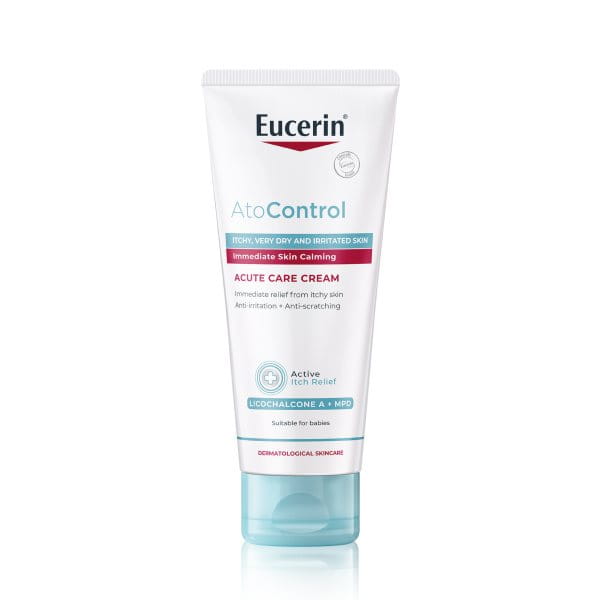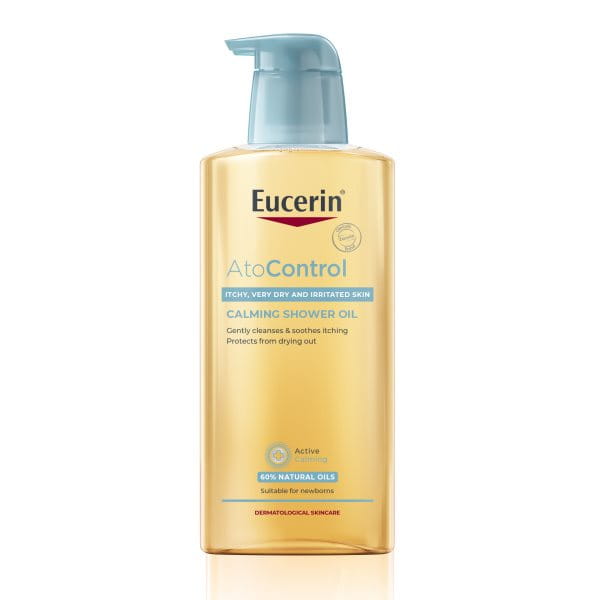Cortisone has been used to treat Atopic Dermatitis for decades and its effects and side effects have been thoroughly researched. Many of those who suffer from Atopic Dermatitis have found that it provides effective relief for their symptoms
What is cortisone?
Our adrenal glands release various hormones including cortisol (also known as hydrocortisone) and corticosterone. They belong to a group of the body’s own steroid hormones known as Glucocorticoids and are involved in a wide range of physiological processes such as regulation of inflammation. Pharmaceutical derivatives of these natural Glucocorticoids include Dexamethasone, Fludrocortisone, Prednisone, Prednisolone and Triamcinolone which differ in potency. As all Glucocorticoids have a similar effect they come under the collective and colloquial banner term of ‘Cortisone’.

The body’s own Glucocorticoids form an important part of human metabolism and affect − among other things − bones and muscles, mineral and water balance and our immune system.
Pharmaceutically-produced Glucocorticoids are used in prescription and non-prescription medical products to treat Atopic Dermatitis as well as a number of other skin diseases such as Eczema and Psoriasis.
How does cortisone help atopic skin?
Cortisone is used as an anti-inflammatory and is an active ingredient in drugs that come in gel, cream and ointment form and which differ in terms of potency and the length of their effect. It is also available in liquid and tablet forms which can be taken orally.
Used for the necessary time period, formulas including Cortisone can be a very effective remedy for the symptoms of Atopic Dermatitis. Cortisone suppresses the overreaction of the immune system and relieves skin inflammation. Itching subsides as a result. However, Cortisone is not suitable as a long-term solution in Atopic Dermatitis
What are the possible side effects of cortisone?
Used over a longer period Cortisone can cause thinning of the skin (known as atrophy) making it increasingly sensitive. The risk of atrophy is higher when Cortisone is used in high doses (as is often the case with Cortisone taken orally). For this reason, it’s important to use Cortisone with caution and to always follow your doctor’s advice.
Attention
N.B. If you intend to use Cortisone preparations be sure to consult your doctor first.








